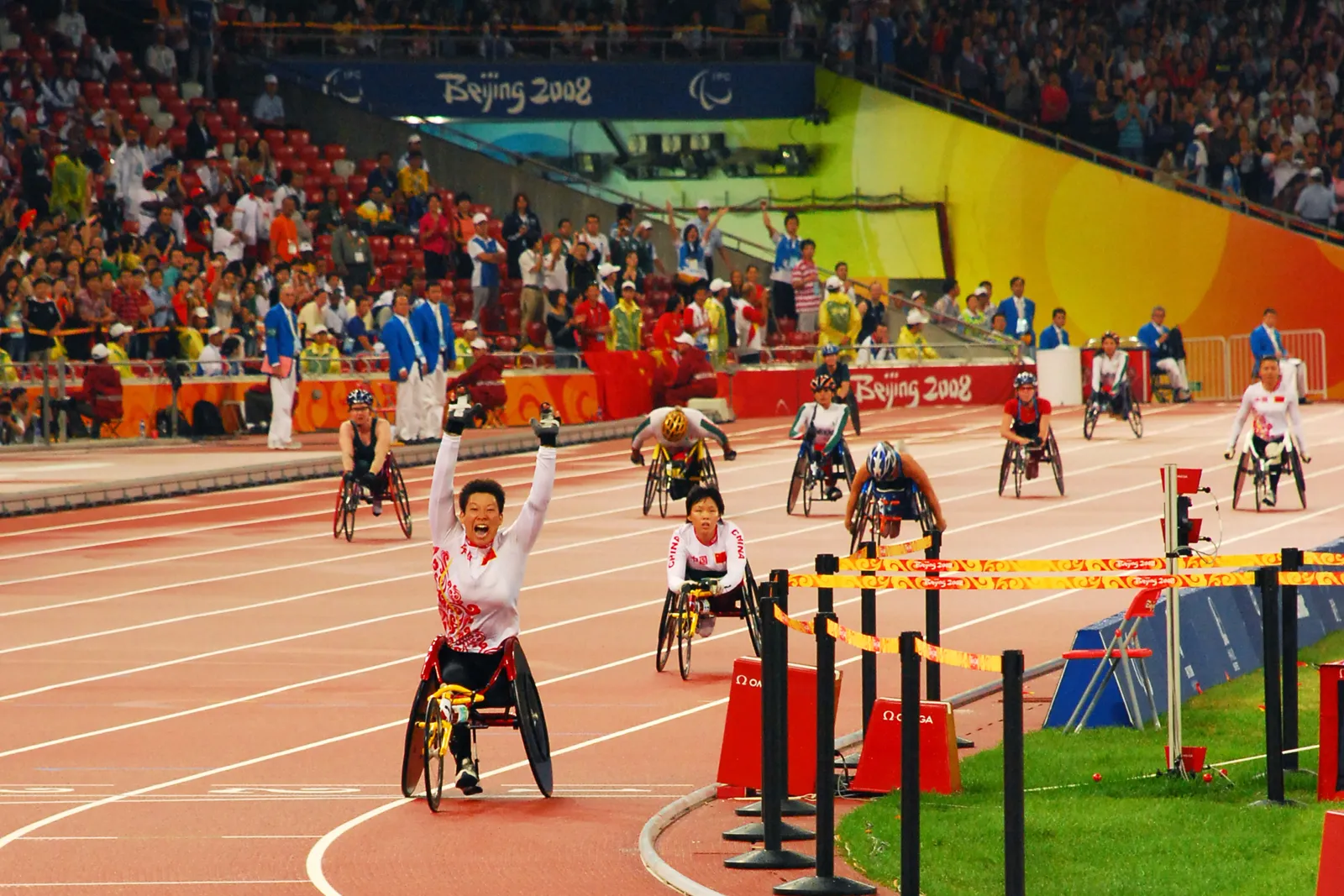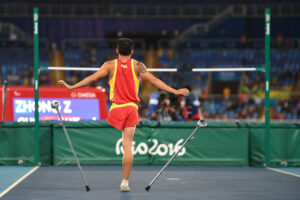The Rise of the Paralympic Games
The Paralympic Games have emerged as a global celebration of athletic excellence, showcasing the remarkable abilities of athletes with disabilities. Since its inception, the Paralympics has grown into an international sporting event that captivates audiences worldwide.
These games provide a platform for Paralympians to demonstrate their resilience, determination, and exceptional skills. It is a chance to witness the triumph of the human spirit, as athletes conquer physical challenges and surpass all expectations.
Over the years, the Paralympic movement has played a significant role in promoting inclusivity in sports. By showcasing the extraordinary capabilities of athletes with disabilities, the Paralympics have shattered societal stereotypes, challenging prevailing misconceptions about disability and athleticism.
Challenging Stereotypes and Inspiring Change
Paralympic athletes have defied the odds and demonstrated that disability does not limit a person’s potential. Their unwavering determination and utter devotion to their respective sports have earned them respect and admiration from people across the globe.
Through their remarkable performances, Paralympians have managed to change the perception of disability in society. They are role models who inspire countless individuals, including those facing their own obstacles, to overcome challenges and pursue their dreams.
The growth of adaptive sports has been a direct result of the Paralympic Games. These sports are specifically designed to provide equal opportunities and fair competition for individuals with disabilities. From wheelchair basketball and sitting volleyball to adaptive skiing and para-rowing, the range of adaptive sports available is continuously expanding.
Driving Inclusivity and Empowering Athletes
Perhaps one of the most significant impacts of the Paralympic movement is its drive towards inclusivity in sports. So, by highlighting the extraordinary accomplishments of Paralympians, a paradigm shift has occurred in the way society perceives disability in the context of sports.
Children and adults alike are now more inspired to participate in adaptive sports and pursue athletic endeavors, irrespective of their physical challenges. Also, the emergence of adaptive sports clubs, specialized training programs, and improved accessibility in sports facilities has ensured that individuals with disabilities have equal opportunities to excel in their chosen sports.
The Paralympics has also had a transformative effect on society’s perception of disability. It fosters a sense of empathy, understanding, and appreciation for the diverse capabilities of individuals with disabilities. So, this positive shift in attitude towards disability transcends the realm of sports, resulting in more accessible public spaces, improved infrastructural modifications, and opportunities for individuals with disabilities in various spheres of life.
In conclusion, the Paralympic Games have become a powerful catalyst for change, celebrating the immense potential and achievements of athletes with disabilities. Paralympians continue to inspire generations, challenge stereotypes, and drive inclusivity in sports. Finally, through their extraordinary performances and the growth of adaptive sports, these athletes have proven that limitations are merely opportunities for greatness.



